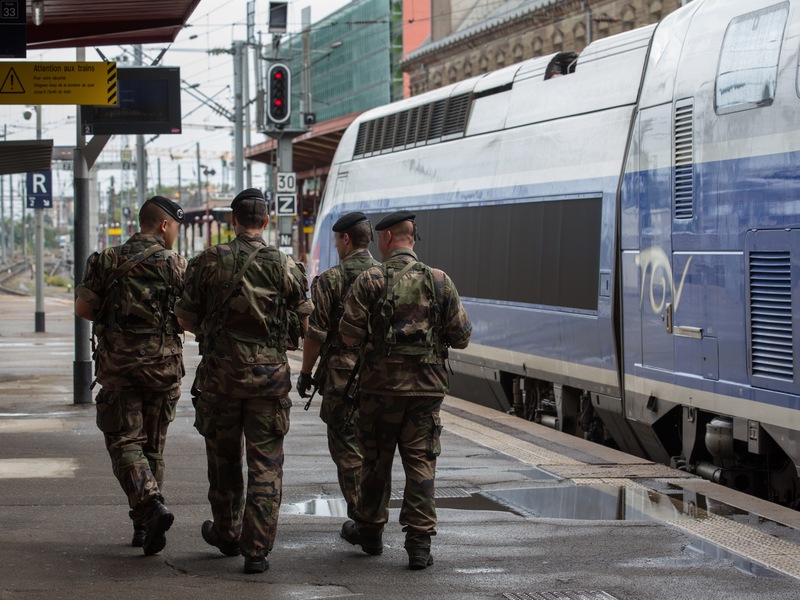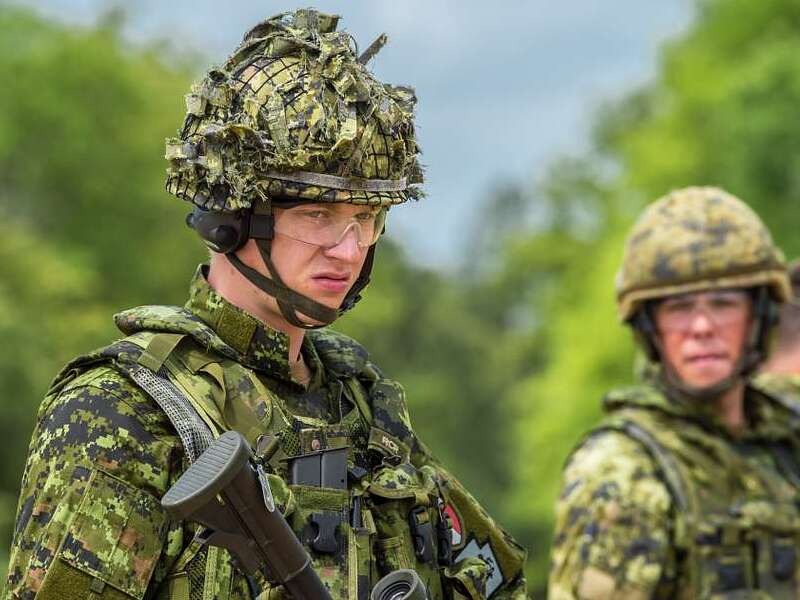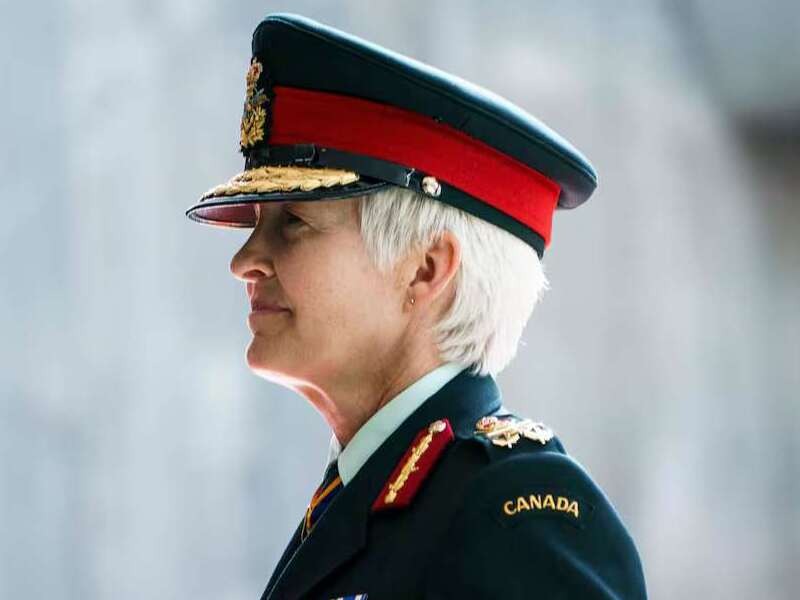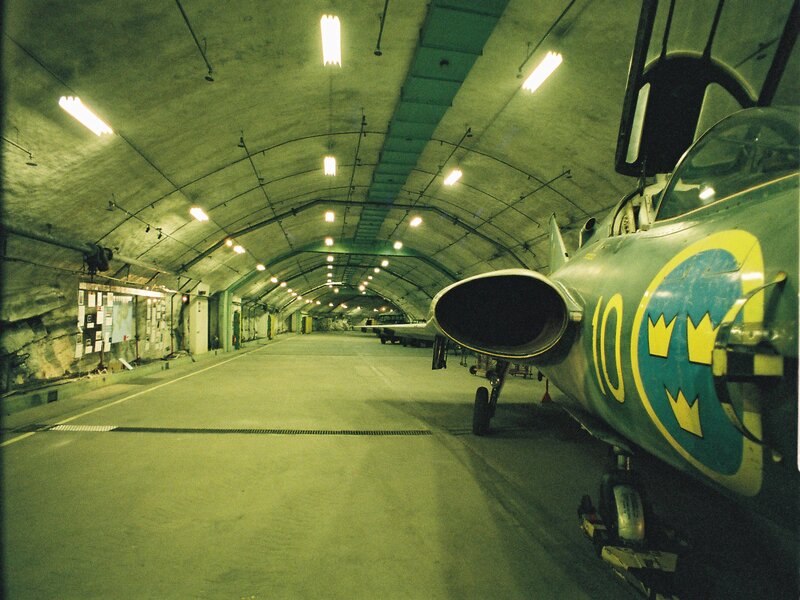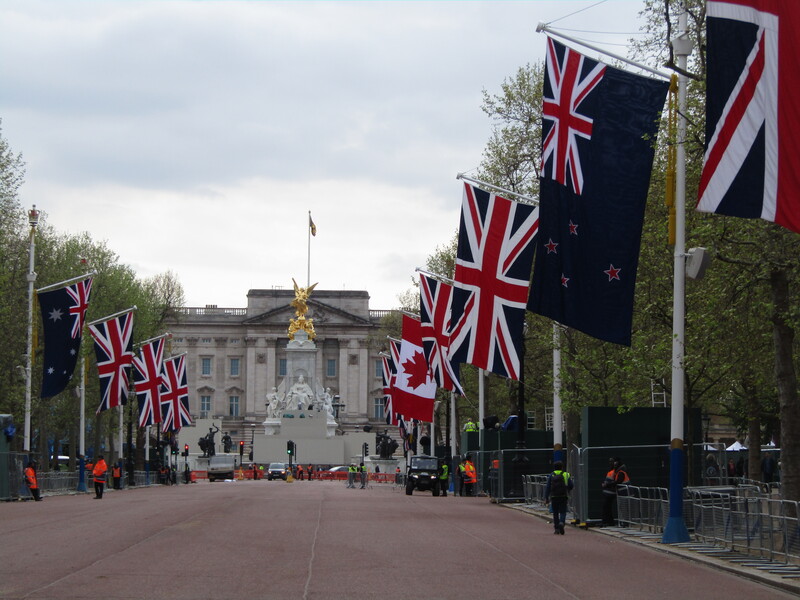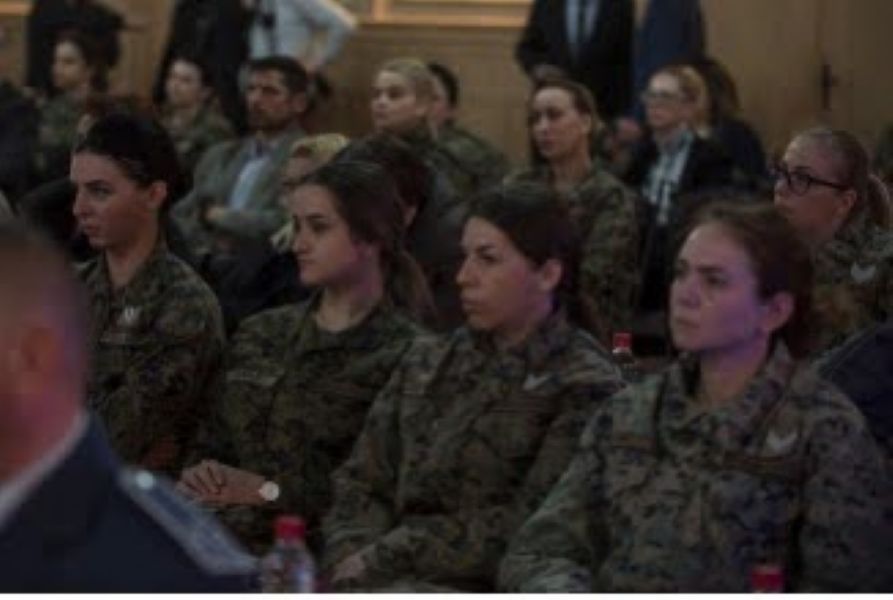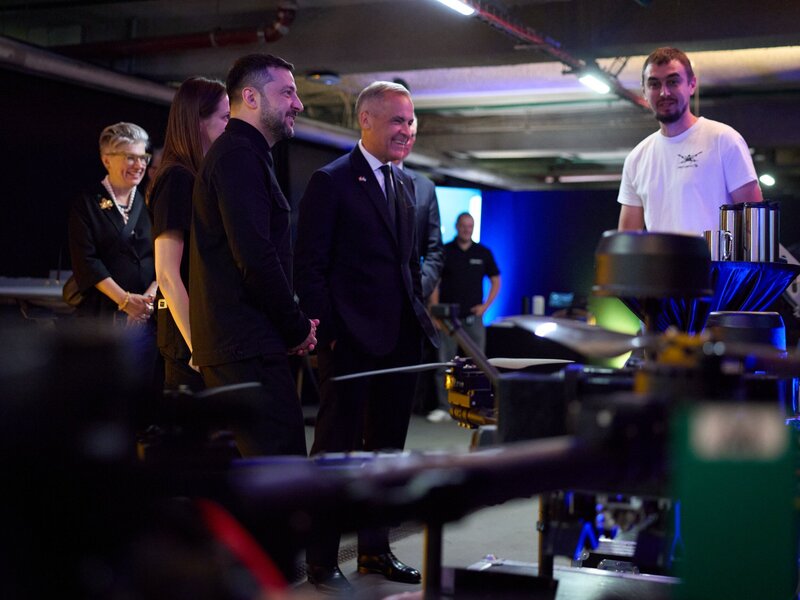On January 2nd 2026, 45,000 households in southwestern Berlin woke up to find themselves without power or heating in the middle of winter. Overnight, assailants set fire to a cable bridge near a power plant, disrupting parts of the Berlin power supply network for weeks. Even after power was eventually restored, the subsequent fallout from the city government’s lacklustre response has led to calls for the mayor, who had been caught playing tennis during Read More…
5. Authors of the NCC
A list of authors, past and present
Shifting Priorities in Ukraine: Is NATO’s WPS Agenda Under Threat?
WPS policies are often disregarded when matters deemed of higher priority emerge, despite NATO’s high engagement of WPS values through public diplomacy, military, and political means. Russia’s invasion of Ukraine has posed the biggest security crisis to NATO in decades, and considering the gendered dimensions of the war, which has seen high rates of sexual and gender
based violence, NATO’s limited WPS response leaves the future of the Agenda in question. As a core tenet of NATO’s values, WPS must not be disregarded; member states that have adopted FFPs, such as Canada, should continue to drive the WPS agenda forward. This article makes key recommendations, including shifting to a human rights-based approach (HRBA) and employing more intentional language in operational directives, to support Ukraine’s current WPS policies.
Divide and Conquer: How Gender-Based Disinformation Weakens Western Militaries
This article examines misogyny and broader anti-gender ideology as under-recognized vectors of hybrid warfare that undermine NATO’s democratic resilience, military cohesion, and Alliance legitimacy. It argues that foreign adversaries exploit entrenched patriarchal and exclusionary narratives through gender-based disinformation to exacerbate polarization, target political actors, weaken trust in defence institutions, and delegitimize NATO. The article concludes that the principles of NATO’s Women, Peace and Security (WPS) policy counter foreign disinformation by limiting the impact of harmful gendered narratives and reinforcing pluralism, and what can be done to strengthen democratic resilience and NATO’s collective defence in an era of hybrid conflict.
Operation Equal Opportunity: Canada as a Model For Women in Combat Leadership
In July 2024, General Jennie Carignan became Canada’s first woman Chief of Defence Staff. This article centers her appointment as both a symbolic and institutional milestone in Canada’s effort to operationalize the Women, Peace, and Security (WPS) agenda. Tracing her leadership of the Canadian Armed Forces, the article demonstrates how offering equal access to opportunity is a prerequisite for military strength. Gen. Carignan’s leadership of the Canadian Armed Forces offers an example for NATO allies, who can similarly dismantle barriers to women’s leadership and embed inclusive military ethos. The article prescribes a series of pathways through which NATO allies can pursue institutional reform, thereby enhancing institutional quality and strengthening collective defence posture across the Alliance.
What Canada Can Learn About the Whole-of-Society Approach to Civil Defence
In November 2025, the Canadian Armed Forces (CAF) unveiled a plan for expanding the Supplementary Reserve force from 4,384 personnel to 300,000. In doing so, the CAF aims to create a civil defence corps out of the Supplementary Reserve. The Supplementary Reserve is distinct from the larger Primary Reserve, which is made up of part-time Read More…
Should CANZUK be a Goal for Canada?
Canada finds itself in an era of security challenges posed not only by traditional rivals, but also by its neighbour and greatest partner. The risks to its economic stability from both internal and external trials include failures to meet economic challenges caused by the 2015 oil crisis, COVID-19, and renewed European crises, all of which threaten to undermine Read More…
An Intersectional Lens on Meaningful Engagement, Participation, and Decision-Making Roles of Women in Combatting and Preventing Violent Extremism
Muskaan Waraich explores how addressing violent extremism requires a multifaceted lens: physical, social, political, economic, and cultural factors that all can play a role. She examines the roles women play in extremist activities, both as victims, perpetrators, and enablers, as well as in prevention. She argues that a gender-responsive lens is essential for understanding these dynamics and for designing more effective approaches to preventing violent extremism (PVE).
Women in Hybrid Warfare: NATO’s Next Challenge
In this piece, Hermean Japra examines how hybrid warfare, using tools such as disinformation, cyberattacks, and economic pressure, undermines democratic resilience. She analyzes how gendered disinformation and online abuse are used to silence women, limit their participation in public life, and weaken societal resilience. Her analysis outlines practical
strategies NATO can adopt, including improved gender-sensitive threat analysis, support mechanisms for targeted women, and strengthened information resilience systems to counter gender-based hybrid threats.
Special Report: In All of Us Command: Rethinking Conscription Through a Gender-Inclusive Lens
How could gender-inclusive national service shape Canada’s future defence posture? This article examines the growing debate around universal service in Canada, assesses its implications for Women, Peace and Security commitments under NATO, and draws lessons from Nordic models to consider whether compulsory service could strengthen societal resilience and women’s meaningful participation in defence.
Canada’s Military Assistance to Ukraine in 2025: Key Trends
In 2025, with the start of Donald Trump’s second U.S. presidential term, Ukraine faced a dramatic shift in the American position on providing it with direct military support. The United States — previously Ukraine’s main supplier of military equipment, covering roughly 30% of Ukraine’s defence needs — has now completed the delivery of aid packages approved under Read More…

